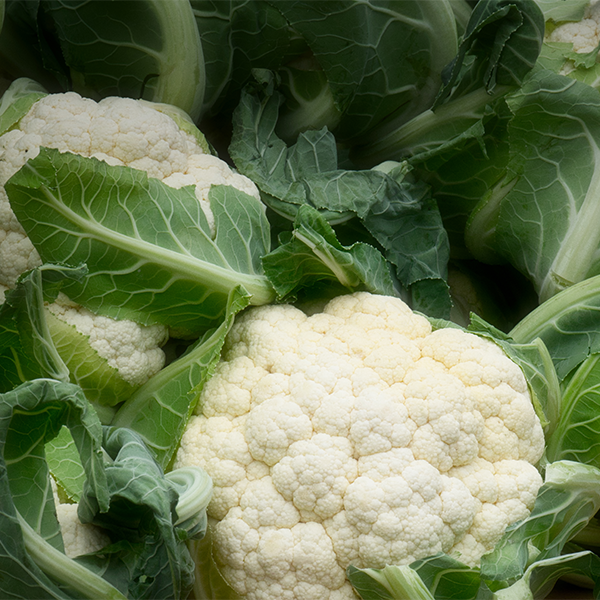
What is choline?
Choline is an essential nutrient that can be produced in only very small amounts by the human body, so it’s important that choline is also regularly obtained through diet. Although choline is not technically a vitamin but a ‘macronutrient’, it is still considered to be just as vital to human health. Choline has a range of important functions in the body, including being part of the make up of healthy cell membranes, forming the basis of neurotransmitters (chemical messengers in the brain), and maintaining a healthy liver.[1]
Why is choline so important during pregnancy?
Choline is the new kid on the block when it comes to pregnancy health - and it has an astounding amount of quality research to back up its use in preconception and pregnancy. The American Academy ofPediatrics recently called for higher levels of choline consumption during pregnancy due to its essential role in foetal brain development, including normal development of areas of the brain involved in learning,memory and attention. Choline also supports the rapid cell division and growth necessary to support healthy foetal development.[2]
The source
The choline in Essential Prenatal is combined with tartaric acid to form choline bitartrate which has a much higher bioavailability than choline on its own.[3]
Optimal dosage
Choline intake can vary depending on a range of factors, including life stage, health conditions, and dietary choices. The Adequate Intake (AI) outlined by the National Health and Medical Research Council serves as a general guideline.
- Women 14-18 years 400mg/day
- Women 19-50 years 425mg/day
- Pregnancy 14-18 years 415mg/day
- Pregnancy 19-50 440mg/day
- Breastfeeding 14-18 years 525mg/day
- Breastfeeding 19-50 years 550mg/day.[4]
Why do you need to supplement choline?
While choline is available in many foods in the diet, animal foods are generally higher in choline. If you follow a plant-rich diet, you may need to consider a choline bitartrate supplement. There is also some evidence that not all dietary sources of choline are equally well absorbed.[5]
Less than 10% of pregnant women achieve an adequate intake of choline. Many prenatal vitamins stilldon’t include choline, despitestrong evidence thatit’s essential for a healthy pregnancy and foetal brain development.[2]
Interesting facts about choline
-
Most multi-nutrient supplements don’t contain choline. Choline was only recognised as an essential nutrient in 1998 by the Institute of Medicine.[5]
- High levels of choline are transported across the placenta to the foetus. In fact, choline levels in amniotic fluid are 10 times higher than that of maternal blood levels.[5]
References:
-
Linus Pauling Institute. Choline. Accessed April 2023 from https://lpi.oregonstate.edu/mic/other-nutrients/choline2
-
Korsmo, H.W., Jiang, X., Caudill, M.A. (2019). Choline: Exploring the growing science on its benefits for moms and babies. Nutrients, 11(8): 1823. https://www.ncbi.nlm.nih.gov/pmc/articles/PMC6722688/
-
Modinger, Y., Schon, C., Wilhelm, M. & Hals, P.A. (2019). Plasma kinetics of choline and choline metabolites after a single dose ofSuperbaBoostTM in healthy volunteers. Nutrients, 11(10): 2548. https://www.ncbi.nlm.nih.gov/pmc/articles/PMC6835836/
-
Eat for Health. Choline. Accessed April 2023 from https://www.eatforhealth.gov.au/nutrient-reference-values/nutrients/choline
-
Zeisel, S.H. & da Costa, K.A. (2009). Choline: An essential nutrient for public health. Nutr Rev, 67(11): 615-623. https://www.ncbi.nlm.nih.gov/pmc/articles/PMC2782876/